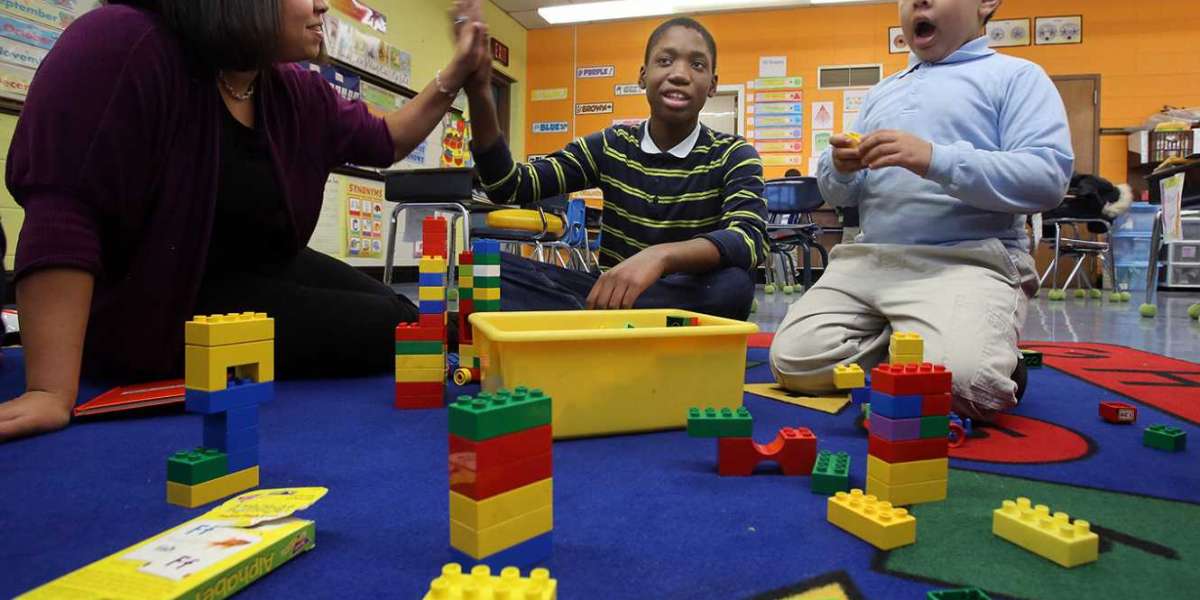After-school programs provide vital opportunities for children to learn, grow, and develop social skills in a structured environment. However, for children with special needs, these programs can be even more critical. They offer a supportive space where children can receive tailored assistance, engage with peers, and participate in activities that cater to their unique strengths and challenges. In this blog, we'll explore the key elements of an effective after school program for special needs children and offer tips for parents and educators on how to create an inclusive environment.
Understanding the Importance of After-School Programs for Special Needs
For children with special needs, after-school programs can offer more than just an extension of the school day. These programs can be a lifeline for developing crucial life skills, fostering independence, and building confidence. They provide opportunities for children to interact with others in a less formal setting than the classroom, which can be especially beneficial for those with social and communication difficulties.
Moreover, after-school programs can offer specialized activities that address the individual needs of each child, whether they have physical disabilities, developmental delays, or learning differences. These programs can also give parents a much-needed respite, knowing that their child is in a safe and nurturing environment.
Key Elements of an Effective After-School Program
To create a successful after-school program for special needs children, several key elements must be considered:
1. Individualized Support
Each child with special needs is unique, and their after-school program should reflect this. Tailoring activities and support to meet the individual needs of each child is crucial. This could involve creating personalized learning plans, offering one-on-one assistance, or adapting activities to suit different ability levels.
2. Qualified Staff
The success of an after-school program depends heavily on the quality of its staff. Educators and caregivers should have experience working with special needs children and be trained in various strategies to support them effectively. Ongoing professional development is also important to keep staff up-to-date with the latest best practices.
3. Inclusive Activities
While individualized support is essential, it's also important to promote inclusivity. Activities should be designed to encourage participation from all children, regardless of their abilities. This could include art projects, music sessions, physical activities, and social games that can be adapted to accommodate different needs.
4. Communication and Collaboration
A successful program requires open communication between parents, educators, and program staff. Regular updates on the child's progress, challenges, and achievements help ensure that everyone is on the same page and can work together to support the child's development. Collaboration with other specialists, such as speech therapists or occupational therapists, can also enhance the program's effectiveness.
5. Safe and Supportive Environment
Creating a safe and supportive environment is crucial for the well-being of special needs children. This includes ensuring that the physical space is accessible, free from hazards, and equipped with the necessary tools and resources. Emotional safety is equally important, and staff should be trained in positive behavior support and conflict resolution.
Tips for Parents and Educators
If you're a parent or educator looking to establish or improve an after-school program for special needs children, here are some tips to help you get started:
- Start Small: Begin with a few key activities and gradually expand the program as you learn more about the children's needs and preferences.
- Seek Feedback: Regularly ask for feedback from parents, children, and staff to identify areas for improvement and ensure that the program is meeting its goals.
- Build Community: Encourage a sense of community within the program by organizing group activities, social events, and opportunities for families to connect.
- Stay Flexible: Be prepared to adapt the program as needed, whether it's adjusting the schedule, introducing new activities, or making accommodations for a child's changing needs.
- Celebrate Successes: Take the time to celebrate the achievements of each child, no matter how small. Positive reinforcement can boost confidence and motivation.
Conclusion
An after-school program designed for special needs children can have a profound impact on their development and well-being. By focusing on individualized support, qualified staff, inclusive activities, communication, and a safe environment, parents and educators can create a program that truly meets the needs of every child. These programs not only provide essential support but also open doors to new opportunities for learning, growth, and connection.
Whether you're a parent searching for the right program or an educator looking to start one, remember that the goal is to create a space where every child feels valued, supported, and capable of reaching their full potential.






